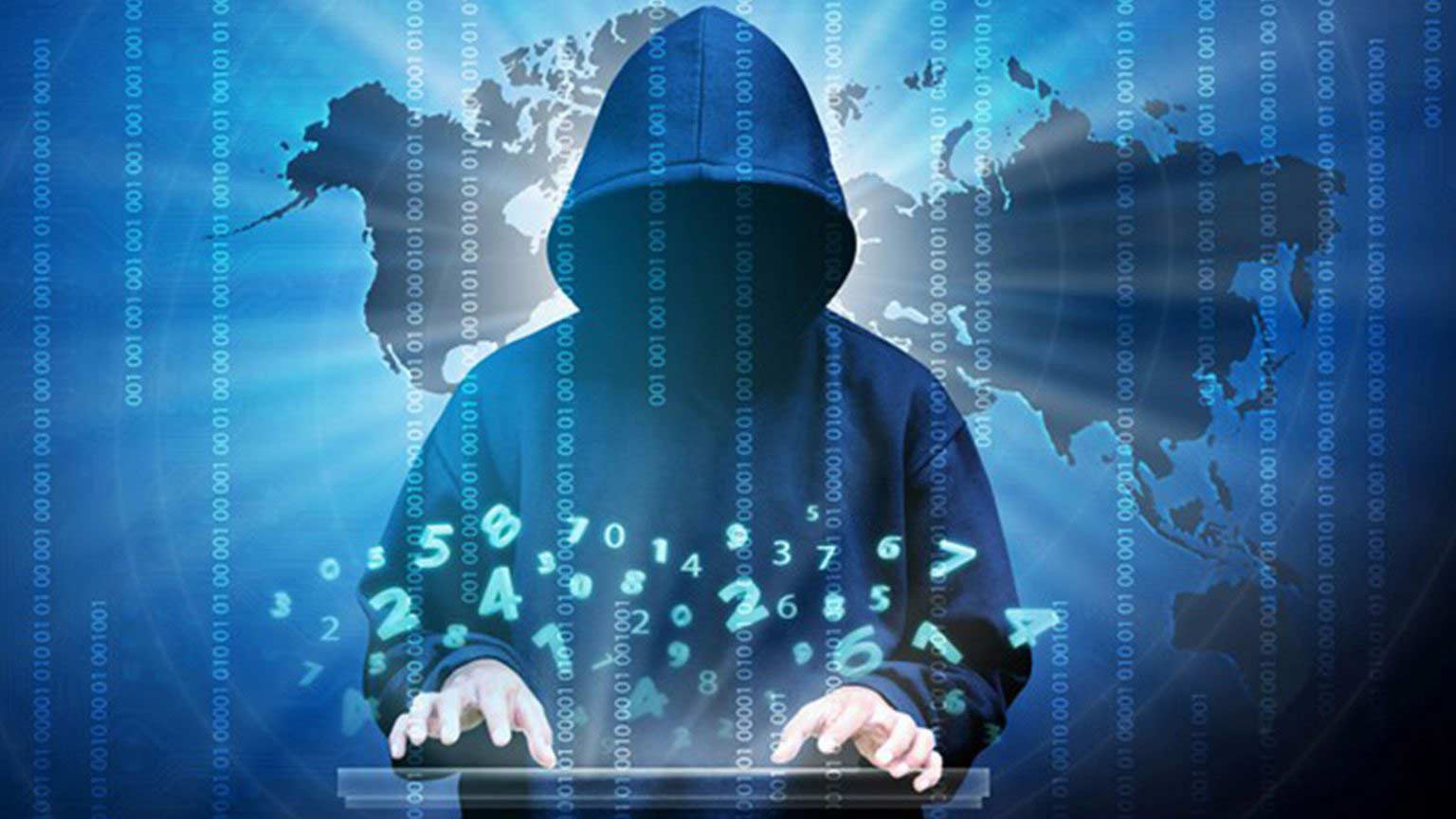In India there are many national level institutes in respect of investigation and regulation related to cybercrime. Many Central and State Government Departments also play significant role in creating the awareness about cybercrime. The national level institutes are recognized by the Government and few of them are the private initiatives of the industry representing bodies. These institutes are formed with varied objectives which are as under-
- Creating awareness about cybercrime
- Investigation of cybercrimes
- Gathering and sharing of Intelligence
- Monitoring & blocking of websites
- Cyber forensics, digital evidence
- Information security
- Defence surveillance, Military intelligence
- Capacity building of stakeholders in cybercrime reporting
The legal position and powers of all these institutes engaged directly or indirectly in the area of cybercrime depend upon their constitution and other factors related with the objective of their association. Let’s have a look at some of the important national level institutes.
NIA: National Investigation Agency, constituted in the year 2008, is Central Law Enforcement Agency for the offences related to terrorism and security of the country. The agency comes under control of Ministry of Home affairs and is empowered to deal with terror related crimes across the states Suo-moto i.e. without special permission from the states.
DRDO: The Defence Research & Development Organization is under Defence Ministry and is a research wing working towards complete self-reliance in Defence Systems such as technology innovation in areas of aeronautics, combat vehicles and electronic surveillance and advance computing. DRDO is important for our national information security architecture.
NTRO: Set up in 2004, comes under National Security Adviser who is under direct control of PMO, i. e. Prime Minister’s Office. The objective of NTRO is to provide necessary intelligence and technical capabilities to other agencies in relation to data encryption, data interception, cryptography, aviation, remote sensing and cyber security. The NTRO provides necessary assistance to state police in respect of intelligence, data and technical infrastructure.
NIC: National Informatics Centre provides infrastructure to all government websites and National Critical information Infrastructure Centre is constituted under the recommendation of National cyber security policy by Ministry of Electronics and Telecommunication. The objective of the agency is to track all compromised systems connected to internet and clean them from malicious or infectious software.
I4C: Ministry of Home Affairs initiated the Indian Cyber Crime Coordination Centre to come up for reporting of all cyber crimes in the country. This agency will be entrusted with the tasks of online cyber crime reporting, monitoring cybercrime database, setting up of forensic units and imparting trainings to public prosecutors and police authorities.
C-DAC: Originally, C-DAC Centre for Advance Computing was constituted in 1988 with an objective of building supercomputers. Today it is a premier R&D organization under Ministry of Electronics and Telecommunication (MeitY). This agency takes up research and development activities in IT, Electronics and associated areas. It leverages its expertise in developing technological innovations for training and developing solutions for various sectors of Indian economy.
NASSCOM: The fast-developing IT and BPO industry in India, in 1988 formed their association named National Association of Software and Service Companies. It gives strategic direction to the IT and BPO industry as such its voice is generally heard in Government circles. The agency ensures to maintain best practices in industry, international affiliation and advocates for sustainability policy and industry growth. The DSCI Data Security Council of India set up by NASSCOM takes care of data privacy, data protection and related awareness programs.
CERT In: This agency is vested with the powers of blocking public access of any information through computer resource. The Section 70B ITAA 2018 has authorized the agency to monitor, control and regulate data or information for cyber security. It works on the principles of Alert, Advice and Assurance. The agency initiates the emergency measures at the time of cyber security threats incidences. Though many civil societies NGO’s consider the functions of CERT IN as against the Right of Privacy, this agency plays a crucial role in monitoring or blocking specific websites, intercepting telecom or web information. The agency will receive court directives or approached by secretary level officials of important ministries.
CBI: The Central Bureau of Investigation is the elite police force in the country and maintains health of national economy and preserves the values in public life. CBI has investigated many highly sensitive cases involving digital data, cyber forensics etc.
ED: The Directorate of Enforcement is special financial investigation agency under Ministry of Finance. The FEMA and PMLA acts provide for investigation by ED. Forex irregularities and money laundering are related to each other. Unlawful or illegal online transaction and cyber crime are also closely related; as such ED has a very important role in cybercrime investigation.
Besides above, the intelligence bureau IB and Research Analytical Wing RAW in India and ”Interpol” at global level are important agencies in the field of resolution and detection of cyber crimes.
Sunil Joglekar, Chief Manager, SBILD Aurangabad







a very informative article related to cyber crime.